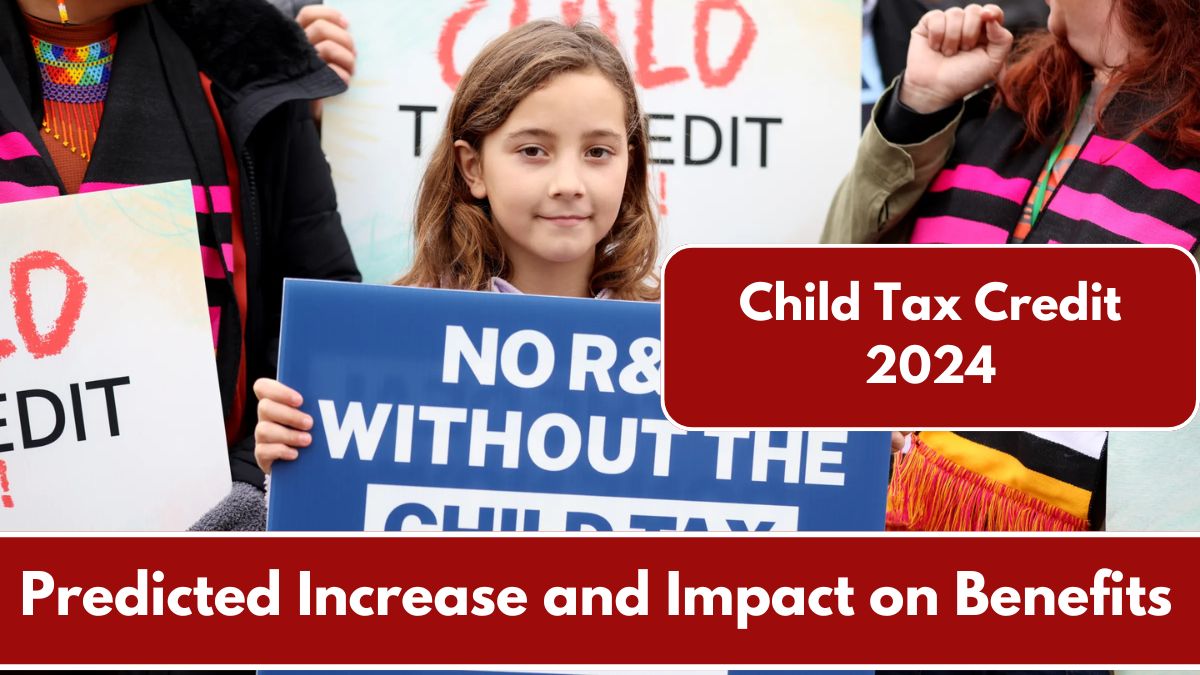Introduction:
Education grants play a crucial role in helping students and educators access the financial resources they need to pursue academic and professional goals. With the new funding amounts announced for 2024, it’s essential to stay informed about the available grants, eligibility criteria, and application procedures. This article provides a comprehensive guide to the education grants for 2024, outlining the new funding levels and steps to apply.
Overview of Education Grants
Education grants are non-repayable funds provided by governments, institutions, and private organizations to support students, educators, and educational institutions. These grants can be used for a variety of purposes, including tuition, research, professional development, and educational projects. Unlike loans, grants do not need to be repaid, making them a valuable resource for those in need of financial assistance.
New Funding Amounts for 2024

For 2024, several education grants have seen increases in funding amounts to better support the growing needs of students and educators. Below are the updated funding levels for some of the most popular grants.
Education Grant Funding Amounts for 2024
| Grant Name | Maximum Award (2023) | Maximum Award (2024) | Eligible Expenses |
|---|---|---|---|
| Pell Grant | $6,895 | $7,095 | Tuition, fees, room & board |
| Federal Supplemental Educational Opportunity Grant (FSEOG) | $4,000 | $4,500 | Tuition, fees |
| TEACH Grant | $4,000 | $4,200 | Tuition, teaching supplies |
| State-Specific Education Grants | Varies by state | Varies by state | Tuition, fees, books |
| Research Grants | $10,000 | $12,000 | Research expenses |
Note: Funding amounts may vary depending on financial need, academic level, and the specific grant program.
Types of Education Grants Available
Education grants come in various forms, each designed to meet specific needs. Below are some common types of education grants available in 2024:
- Need-Based Grants: These grants are awarded based on the financial need of the applicant. The Pell Grant is a prime example.
- Merit-Based Grants: These are awarded to students based on academic achievement, leadership, or other merits.
- Field-Specific Grants: Grants targeted at students or professionals in specific fields, such as STEM, education, or the arts.
- Institutional Grants: Provided by colleges and universities to support students attending their institutions.
- Research Grants: Awarded to students, educators, or institutions conducting research in various academic fields.
Eligibility Criteria for Education Grants

Eligibility criteria for education grants vary depending on the specific grant, but common requirements include:
- Financial Need: Many grants require applicants to demonstrate financial need, often determined through the FAFSA (Free Application for Federal Student Aid).
- Academic Performance: Some grants are merit-based, requiring a minimum GPA or other academic achievements.
- Enrollment Status: Applicants must typically be enrolled at least half-time in an eligible program at a recognized institution.
- Field of Study: Certain grants are only available to students pursuing specific fields of study, such as teaching or engineering.
- Citizenship Status: Many grants require applicants to be U.S. citizens or eligible non-citizens, though some are open to international students.
How to Apply for Education Grants
Applying for education grants involves several steps, and it’s important to start early to ensure you meet all deadlines.
- Complete the FAFSA: Most federal and state grants require you to complete the FAFSA, which provides the necessary information to determine your financial need.
- Research Available Grants: Explore the various grants available at the federal, state, and institutional levels to identify those for which you qualify.
- Prepare Documentation: Gather all required documents, such as transcripts, financial information, and letters of recommendation.
- Submit Applications: Apply for grants through the appropriate channels, which may include online portals, institutional offices, or direct applications to grant organizations.
- Follow Up: After submitting your application, monitor your email and application portal for updates and additional requests for information.
Key Deadlines and Important Dates

It’s crucial to be aware of the key deadlines associated with education grants to avoid missing out on funding opportunities.
Important Deadlines for Education Grants in 2024
| Grant | Application Deadline | Notification Date |
|---|---|---|
| Pell Grant | June 30, 2024 | Varies by school |
| FSEOG | Varies by institution | Varies by institution |
| TEACH Grant | Varies by institution | Varies by institution |
| State-Specific Grants | Varies by state | Varies by state |
| Research Grants | Rolling basis | 2-6 months after application |
Note: Deadlines vary widely, so check specific grant programs and institution websites for exact dates.
Conclusion:
The education grants for 2024 offer increased funding opportunities to help students and educators achieve their academic and professional goals. By understanding the new funding amounts, eligibility criteria, and application processes, you can maximize your chances of receiving financial assistance. Start your application process early, stay organized, and keep track of deadlines to ensure you take full advantage of the available resources.
FAQ’s:
Q1. How much can I receive from the Pell Grant in 2024?
The maximum award for the Pell Grant in 2024 is $7,095, depending on your financial need and enrollment status.
Q2. What is the FAFSA, and why is it important?
The FAFSA (Free Application for Federal Student Aid) is a form used to determine your eligibility for federal, state, and institutional financial aid, including grants, loans, and work-study programs.
Q3. Can I apply for multiple education grants at the same time?
Yes, you can apply for multiple grants simultaneously, and it’s often encouraged to maximize your funding opportunities. Be sure to check each grant’s specific eligibility requirements.
Q4. What happens if I miss the application deadline for a grant?
If you miss the deadline, you may not be eligible for that grant in the current year. It’s important to apply early and keep track of deadlines to avoid missing out on funding.
Q5. Are there grants available for graduate students in 2024?
Yes, there are various grants available for graduate students, including research grants, field-specific grants, and need-based grants. Be sure to explore options tailored to your academic level and field of study.






















